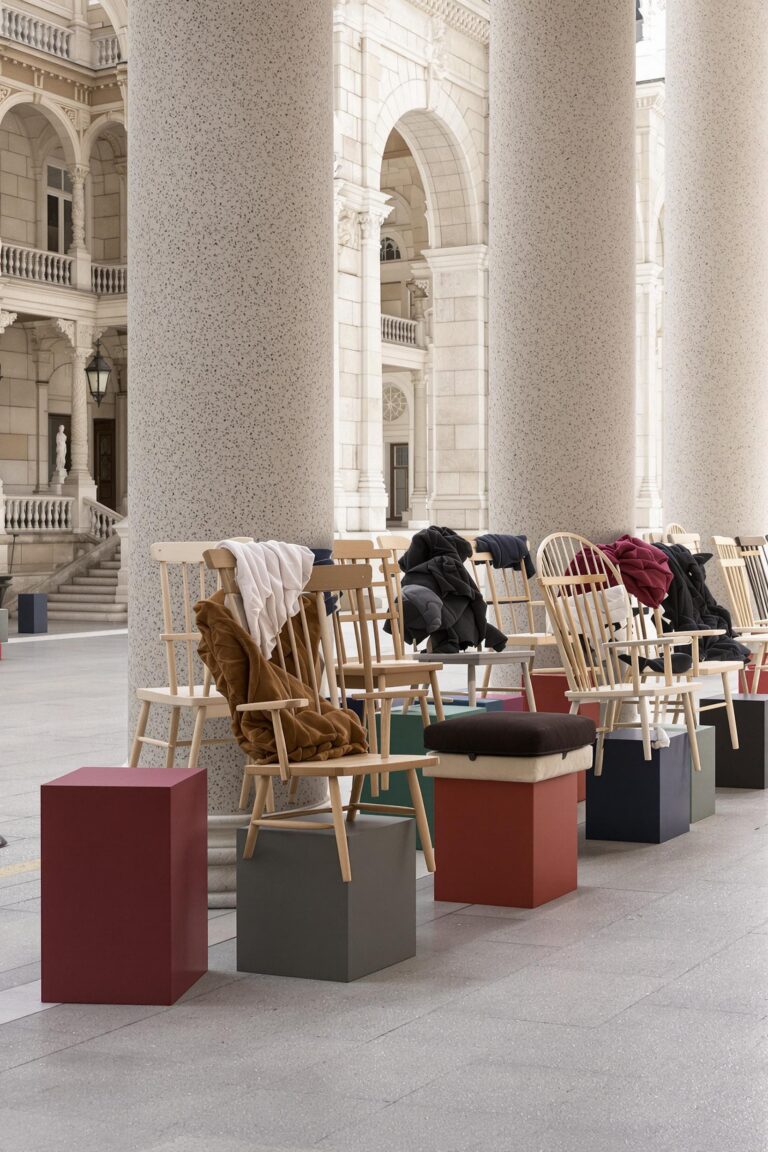Fashion Brands Take Center Stage at Milan Design Week
For design enthusiasts visiting Milan, the quest for inspiration goes beyond traditional furniture showrooms. Increasingly, fashion powerhouses are creating the most memorable experiences during Milan Design Week, transforming historic venues into immersive design wonderlands.
Fashion Meets Design in Milan’s Historic Spaces
Major fashion labels including Loewe, Louis Vuitton, and Dior have embraced Milan’s architectural treasures as backdrops for creative exhibitions. Dior recently transformed an 18th-century palace with Philippe Starck-designed installations, while Bottega Veneta filled a 19th-century theater with impressive stacks of Le Corbusier furniture. Stella McCartney brought playful elements to the monumental Porta Nuova city gate.
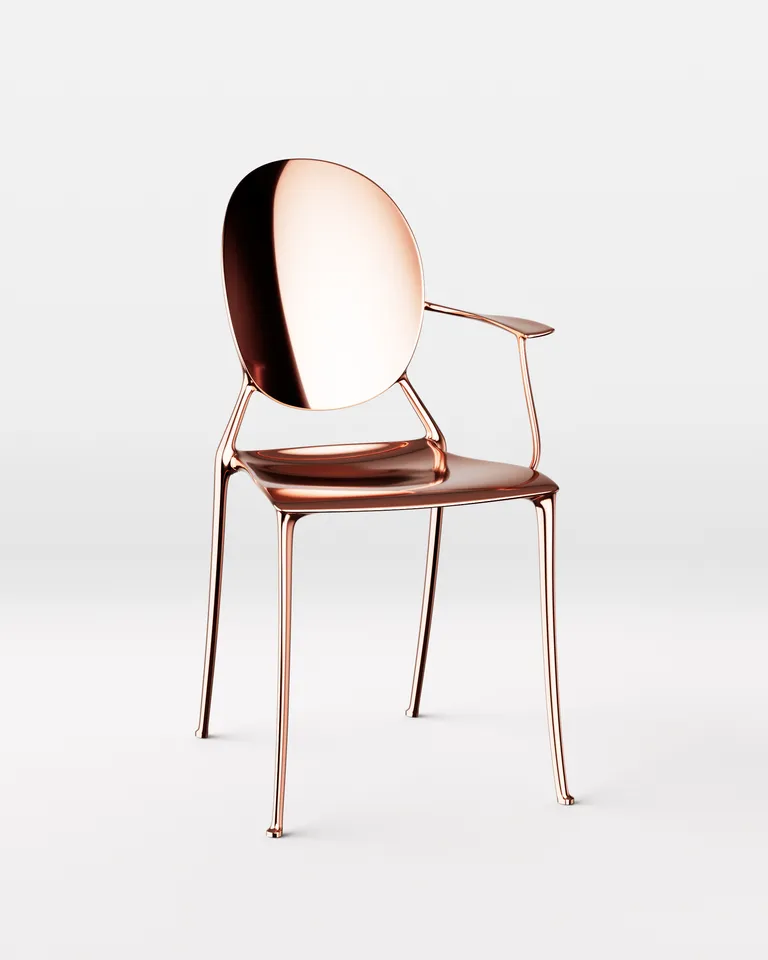
“The synergy between fashion and design has significantly intensified,” explains Paolo Casati, creative director of Fuorisalone, the citywide platform of design events that runs alongside the annual Salone del Mobile.
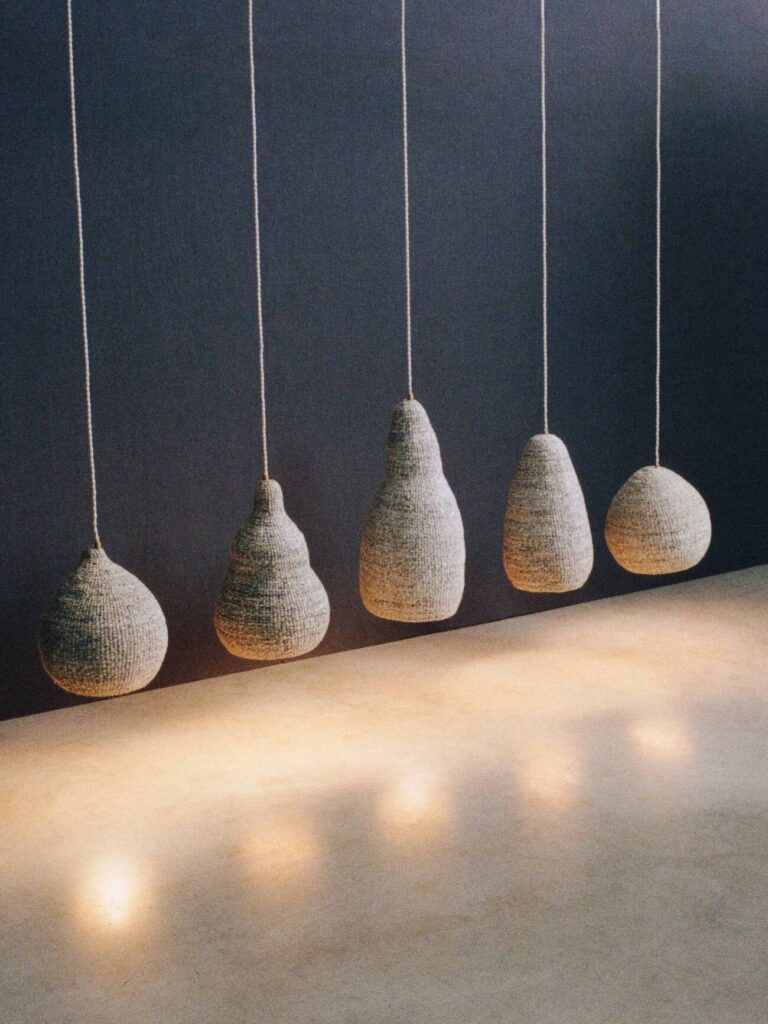
Saint Laurent’s Design Week Journey
Saint Laurent made its Milan Design Week debut last year in the 16th-century San Simpliciano cloisters, showcasing Gio Ponti’s plate designs in a modernist pavilion. This year, the brand moves to the industrial Padiglione Visconti to present furniture designs by Charlotte Perriand, connecting to the brand’s 1960s modernist origins.
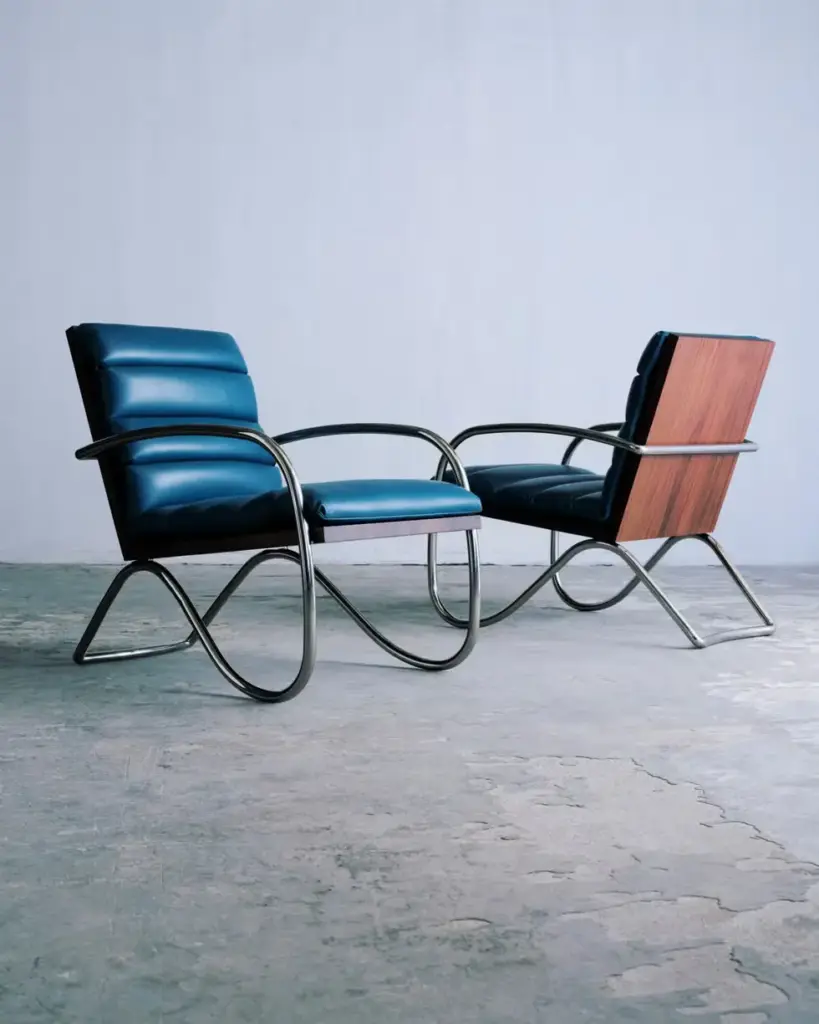
Loewe’s Craft-Driven Exhibitions
A consistent highlight comes from Loewe, which has evolved from Spanish leather producer to global luxury trendsetter. Their annual themed exhibitions feature work from world-class designers, artists, and architects. Last year’s Palazzo Citterio show included leather pendant lights by Magdalene Odundo alongside creations using horsehair and stained glass. This year, they’re reimagining teapots through collaborations with architect David Chipperfield, designer Patricia Urquiola, and artist Jane Yang-D’Haene.
Creating Memorable Experiences
Hermès regularly transforms La Pelota event space with stunning installations for their home decor line, while Gucci made waves with their “Design Ancora” exhibition featuring rich red furniture from Italian brands like Tacchini and CC-Tapis.
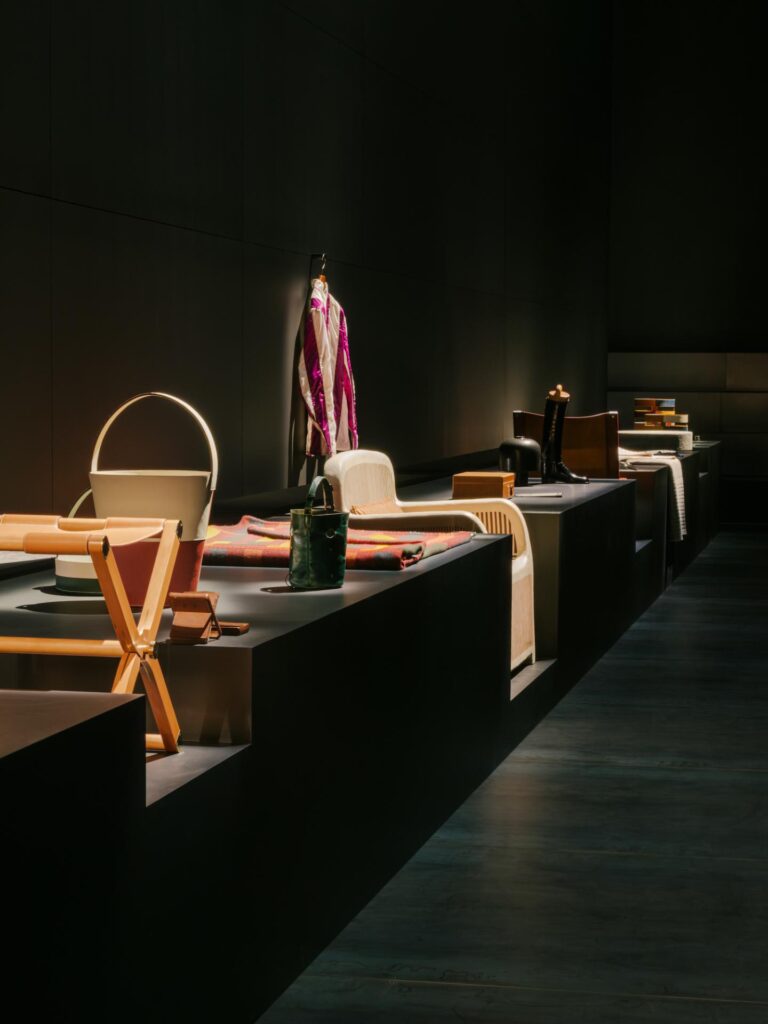
Design writer David Michon notes that traditional furniture showrooms often fail to bring products to life, presenting them in “neutered, one-dimensional” settings. Fashion brands, with their experience staging theatrical runway shows, excel at creating fantasy environments that furniture brands could learn from.
The Growing Home Decor Market
Fashion’s move into home design isn’t surprising. The global home decor market was valued at $747.75 billion in 2024, according to Fortune Business Insights. The pandemic accelerated this trend as consumers focused on their living spaces.
Rahul Malik from The Business of Fashion explains that expanding into homeware “allows brands to build more durable home collections alongside their more fleeting fashion offerings.”
Some fashion houses are going even further—Fendi, Armani, and Bvlgari are developing branded residences. Social media platforms like Instagram and TikTok have helped interior objects become as coveted as the latest handbags.
While luxury fashion brands have the resources to stage grand events at Milan Design Week, their success offers valuable lessons for traditional furniture companies. As Michon suggests, furniture brands should “take a page” from fashion’s approach to “make decor sexy.”
